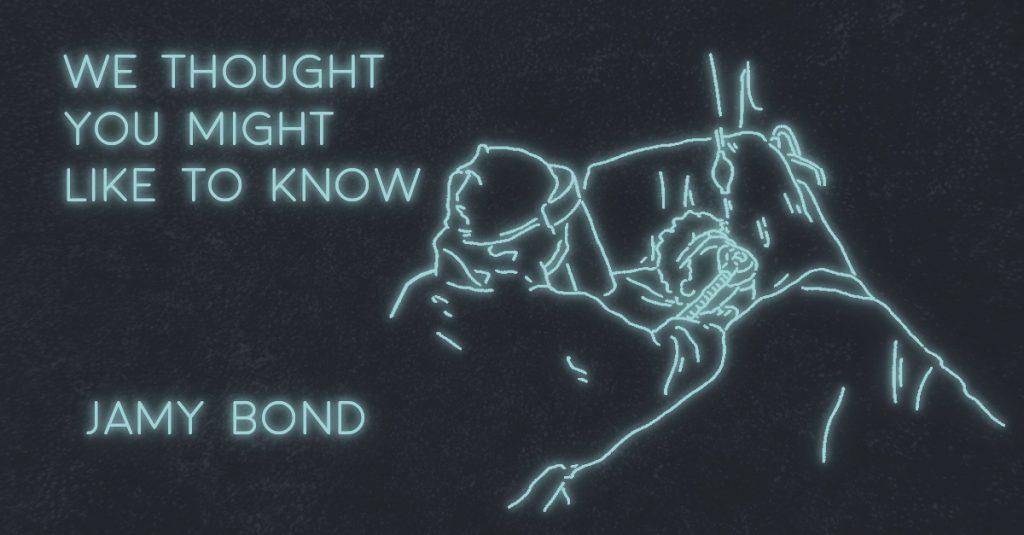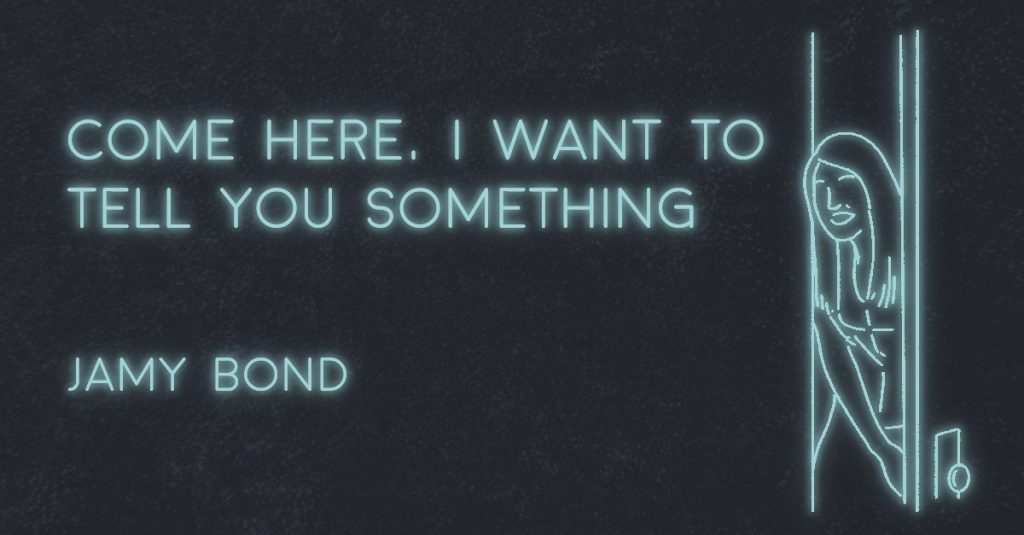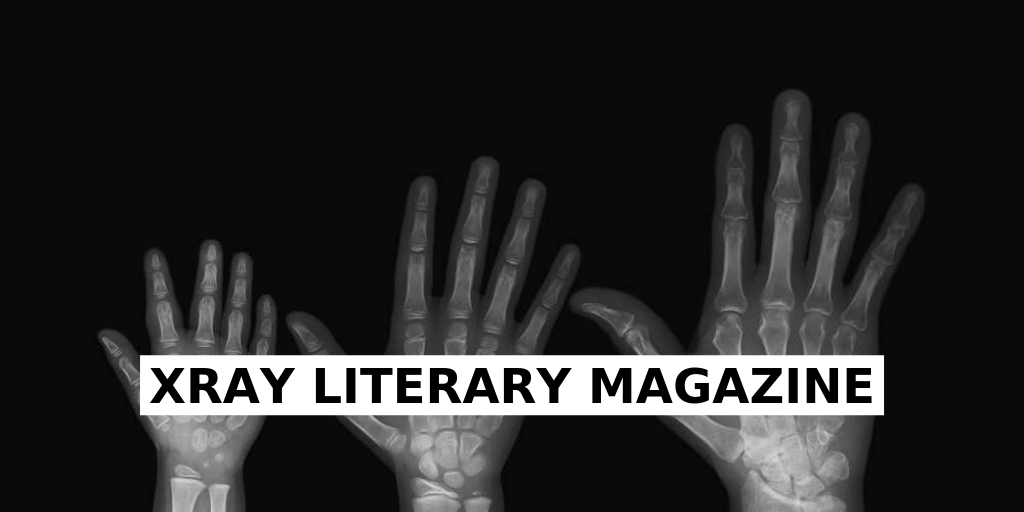
WE THOUGHT YOU MIGHT LIKE TO KNOW by Jamy Bond
That your mother is dying alone in a room at St. Francis. The stale sighs of a ventilator echo through the hallways, pumping one last moment of life into her over and over and over. There’s a sad sliver of hope in the sound of it, and in the silence that follows. She forgives the insolence, the years you spent overseas and never called, the sporadic letters full of vacancy, even your cold indifference to her cancer diagnosis. She has mostly forgotten your teenage shenanigans: the time you snuck bourbon into your lunch box and drank it at school, nights…


